 Got class?
Got class?
What are the people in your world like? Are they plush and posh and smelling like rosewater…flower petals? Or are they downtrodden and depressed, smelling like the bottom of a boot?
Worlds have all kinds of people, as ours can attest. And those people work. That work ethic often dictates what class or caste they’re in. The harder you work, the lower your class. The less you work, the higher your class.
That’s just the way of things, it’s well known. Or is it? Because…what the hell’s a caste?
Wow, this gets tough, huh? I’d have to say that a caste is something you’re born into and can’t move out of, while a class is more fluid, like a ladder allowing movement up and down the rungs. It’s not always like that, of course, but remember, you’re world-building here…you can do whatever you want!
Your fantasy characters know this, because they live in your world. How do they like the world you’ve created for them…or do they?
There have always been class systems in life. Whether it was slaves building pyramids in Egypt or gladiators fighting in the Roman arenas, many people have gotten the short end of the stick. They could be slaves on Viking ships, servants in French manors, or fast food workers today. All are downtrodden, and they’re one feature of our class system.
The other feature is the cream of the crop, the upper crusts. These are the pharaohs being sunned with palm fronds and the emperors throwing bread to the masses. They could be bearded warriors that are missing an eye, aristocrats that long ago forgot what morals were, or financial fat cats that view the world as their piggybank. These are all examples of characters you can use in your stories, for good or for ill.
Do your characters ask, and what happens if they do? What happens if they don’t, and instead just take? What safeguards are in place in your fantasy world to ensure people aren’t getting uppity and trying to class-jump?
Class-systems require a rigid level of hierarchy, and that means a bloated bureaucracy. If you want to include a believable class-system in your fantasy fiction, you’ll have to do a lot of planning.
- Where do the bureaucrats work, in which district of the city, and how far from it do they live?
- Do those propping up the class-system get a piece of that system or perhaps some tax-breaks?
- How long has the class-system been in place, and what system was in place before it…and did it go willingly or by force?
- Who benefits the most from your class-system, and how do they ensure those benefits continue to flow in a consistent and predictable manner?
- What keeps the people who benefit the least from your class-system in their place, and what do the ruling classes do to inhibit their ambitions and pride?
- How much does it all cost, this bloated bureaucracy and the industries and systems needed to keep it and its class-system in place?
- How many people are in each caste of your class-system, and what are their earnings and quality of life and other little details like?
- Are there neighboring countries or kingdoms that have differing class-systems, and what is their attitude toward your class-system…and have there been mumblings over this in the past, or even fighting?
- What are the propaganda machines that the ruling class uses to fool, hoodwink, and bamboozle the lower classes into remaining so, well…lower-class?
These are all things you need to think about when you create your fantasy world class-system. As you can see, it takes a lot of thought, and it goes across a wide range of disciplines – economics, sociology, psychology, government, history, and perhaps a few more that escape me at the moment.
- The Outsiders;
- Great Expectations;
- The Remains of the Day;
- Brave New World;
- The Jungle;
- The Iron Heel;
Those are all great books, and I’ve read a few. But mainly I stick to those with more fantastical situations.
Anne McCaffrey is one fantasy author that did a lot with caste systems, and you can see this in her book Dragonflight. That book is discussed quite a bit in The Greenwood Encyclopedia of Science Fiction and Fantasy: Themes, Works, and Wonders, Volume 3, by Gary Westfahl. Here’s an excerpt:
“The human culture is a vast feudal caste system, with three kinds of hierarchy: one with the dragonrider at the top, another with a Lord-holder who is responsible for overseeing the work of his people, and the third with a Master in charge of one of various halls patterned after late medieval guilds. Each of these groups has responsibilities to each other, as well as loyalties within their communities. Dragonriders live in weyrs, usually built inside caves high up off the ground so their dragons can live inside with them. Lords live in stone, castle-like buildings often built out from ground-caves and with room for all their people to subsist within their safety during threadfall. Master crafters have holdings where youth are trained and crafts are perfected, but they spend much of their lives as individuals in holdings and weyrs as their function is both education and entertainment.”
Another author that has a detailed fantasy caste or class system is R.A. Salvatore. We saw this rise up in the first book of the Dark Elf Trilogy, Homeland. There we see detailed accounts of how the residents of the underground city of Menzoberranzan live. It’s a rich caste system, with upper houses and lower houses, all built upon a complex edifice of religious hatred toward themselves and the outside world. It’s a caste system that’s dependent upon war and family infighting, and it’s a great read!
There are plenty more examples, and fantasy literature has always used classes and castes to tell stories, make us care about characters, and offer insight into our own world. For most of the time the class systems we’re depicting are either examples of what we see around us, or gross caricatures of it.
That’s what makes reading fun, and I encourage you to think about these issues when you’re thinking on your fantasy world. Happy writing!


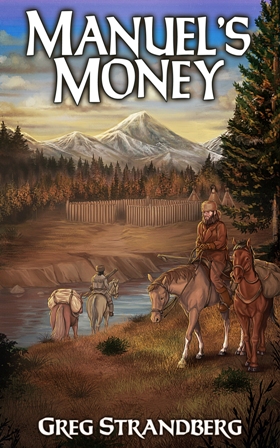
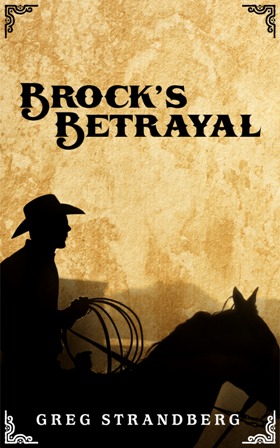
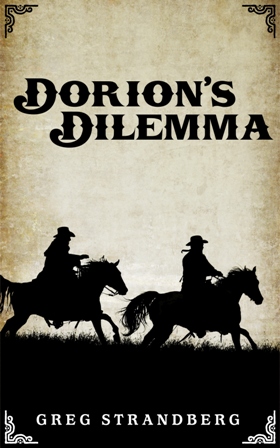
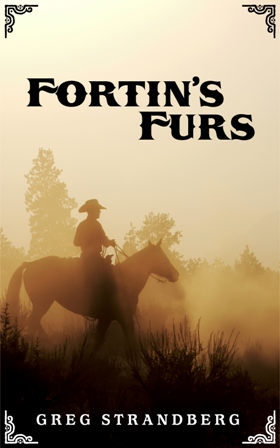
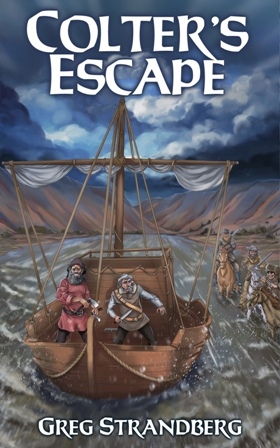
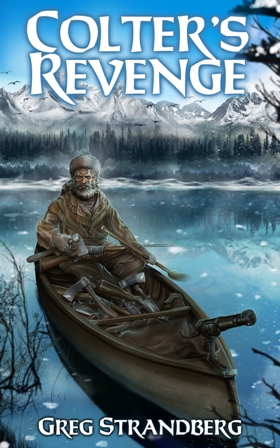
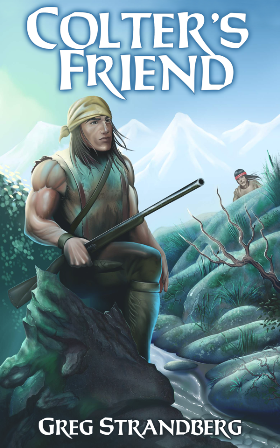
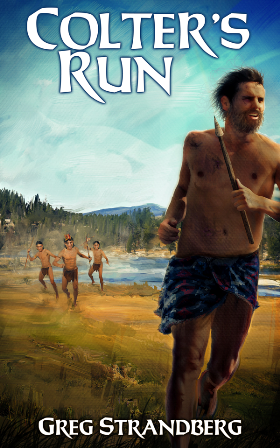
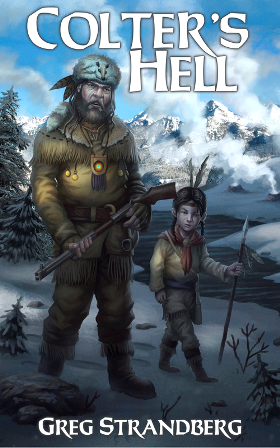
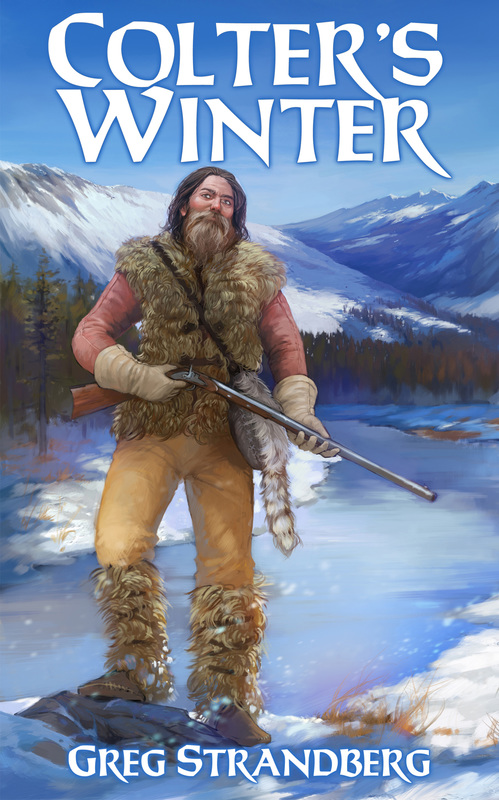
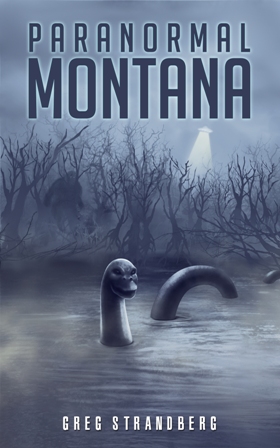
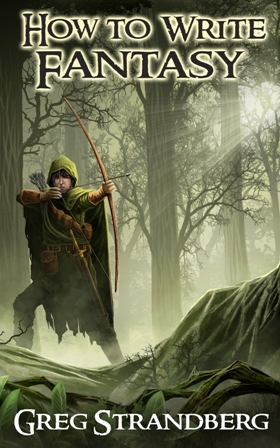

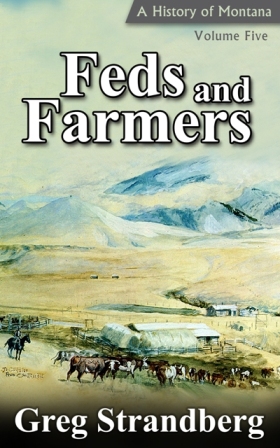
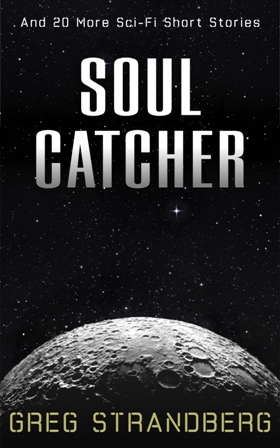



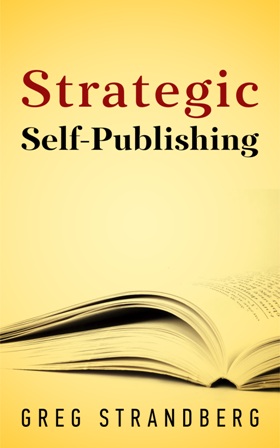
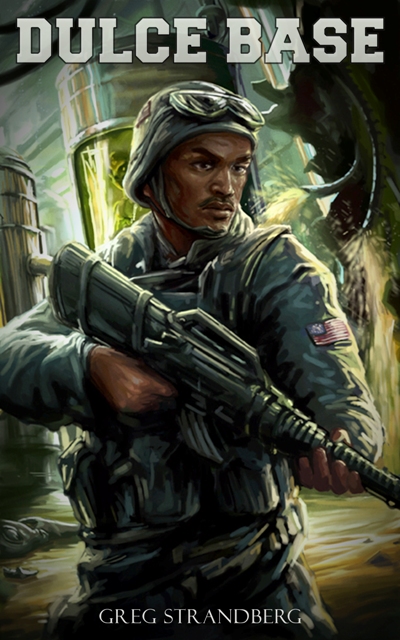
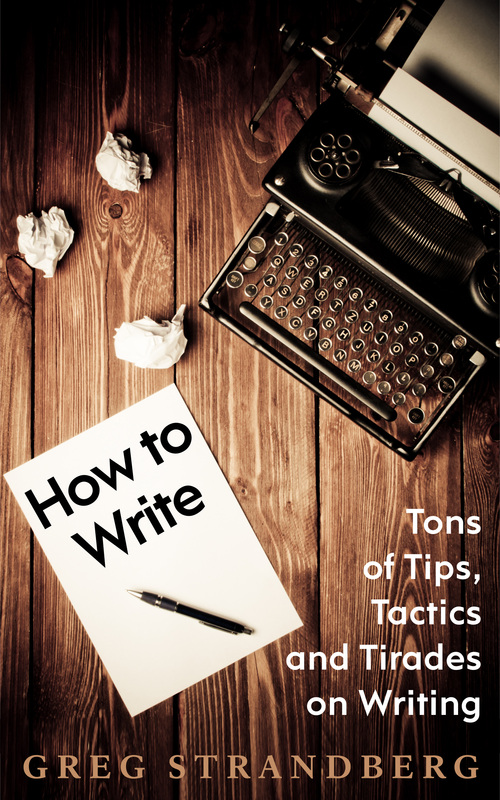

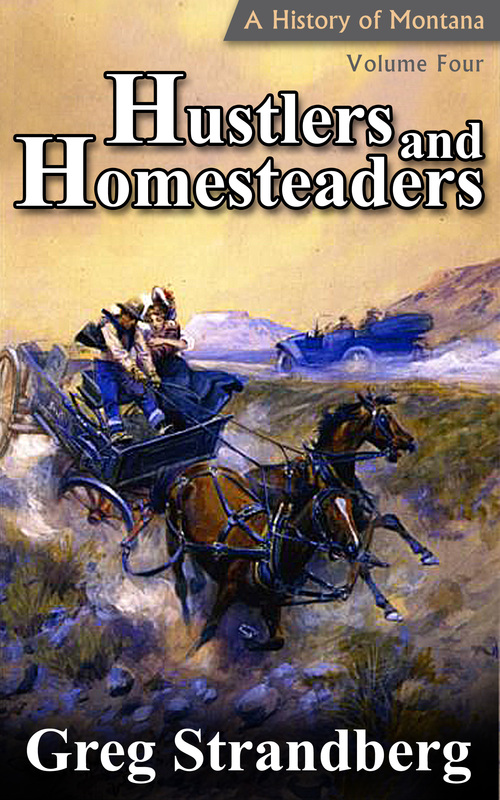



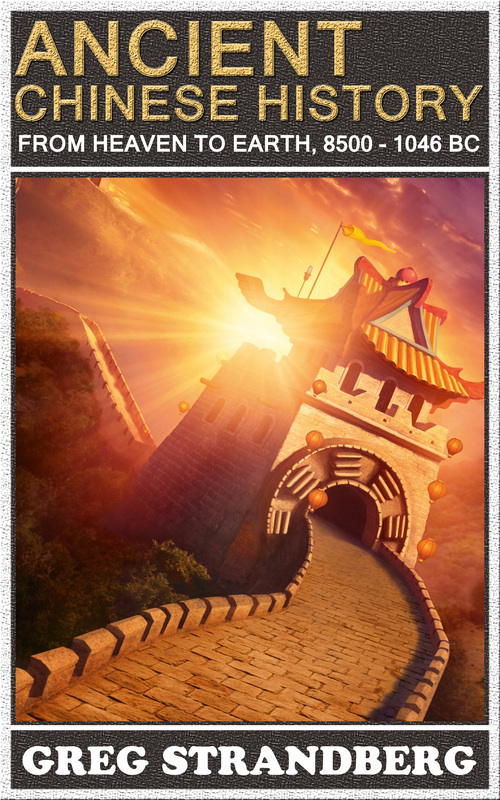



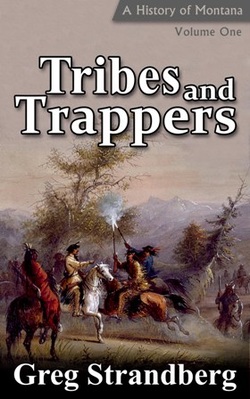
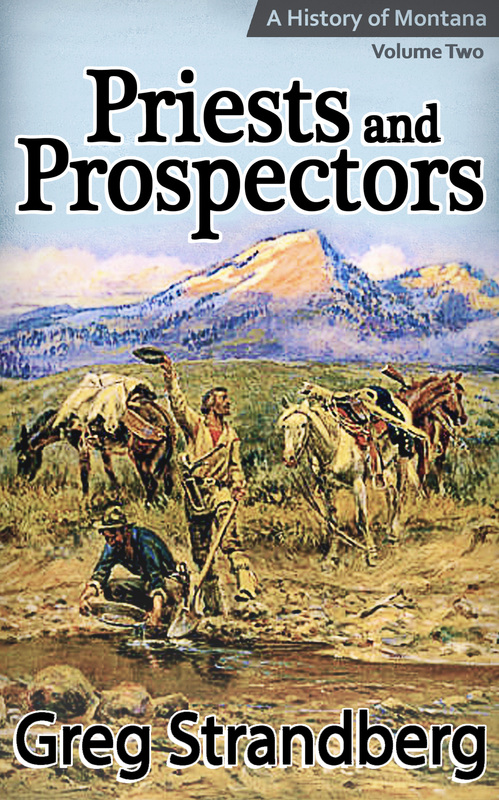
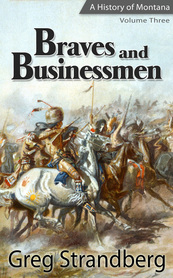
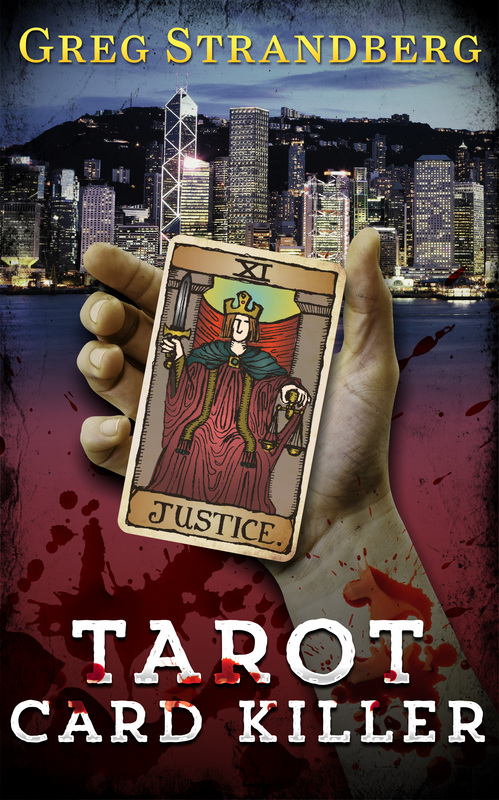


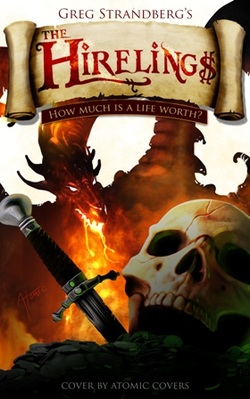
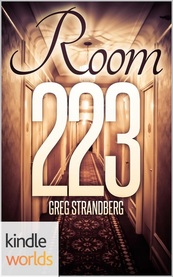



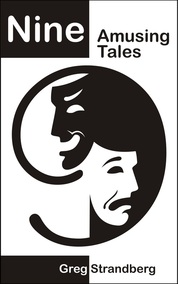
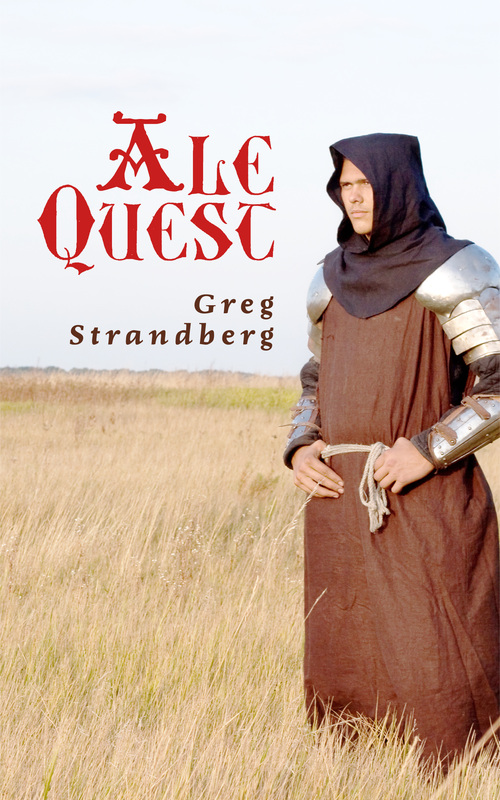

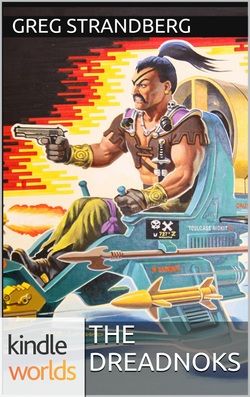
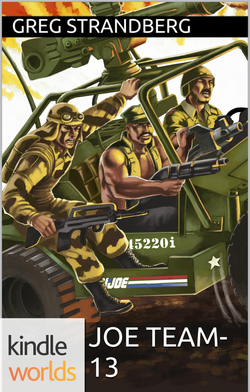

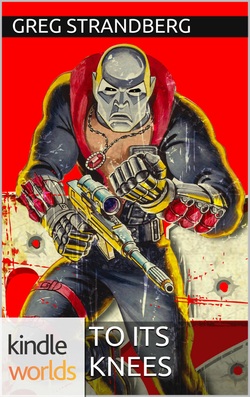
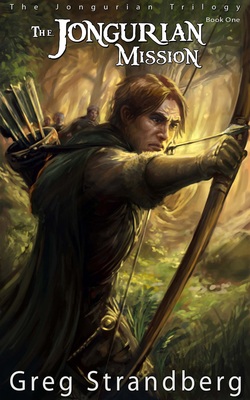
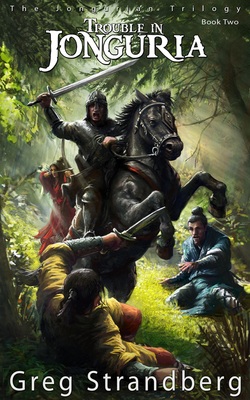
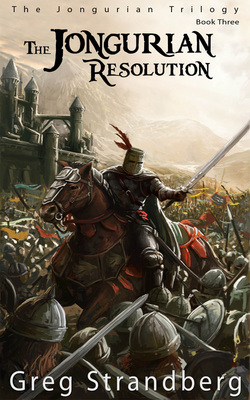
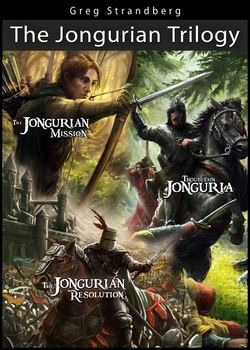
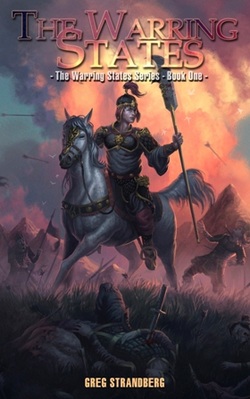
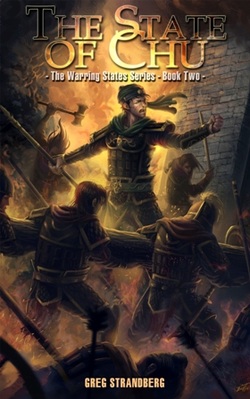
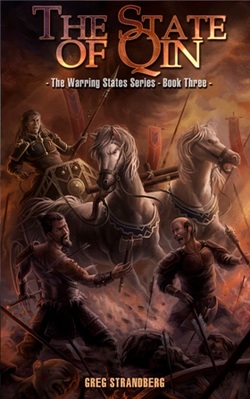
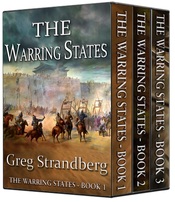
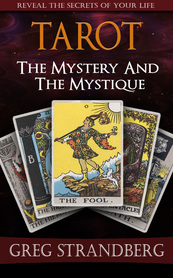
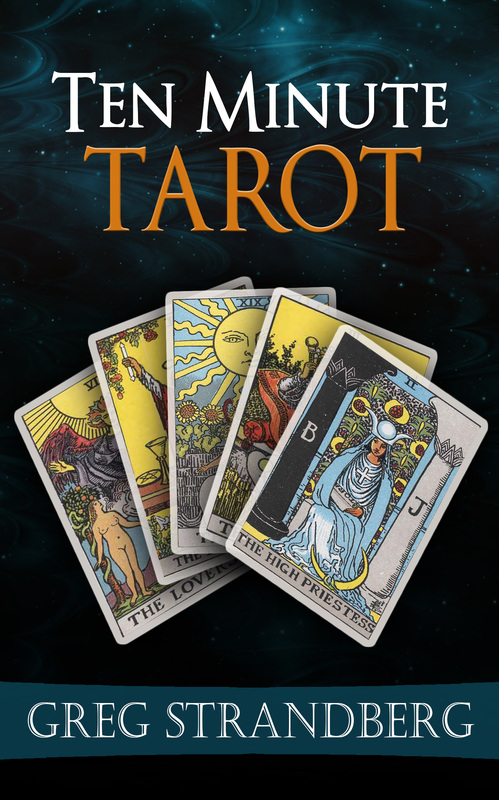
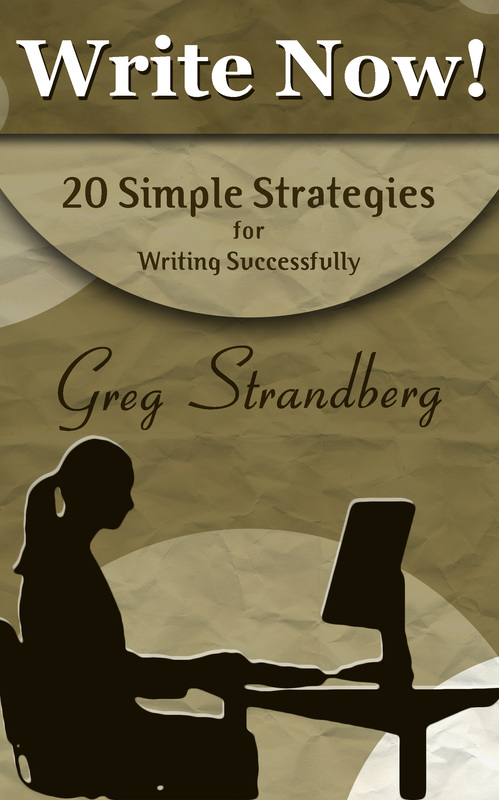


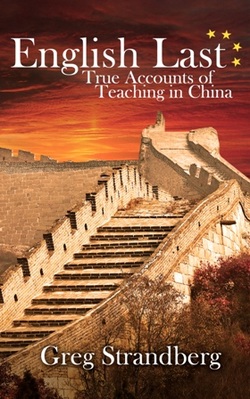










 RSS Feed
RSS Feed